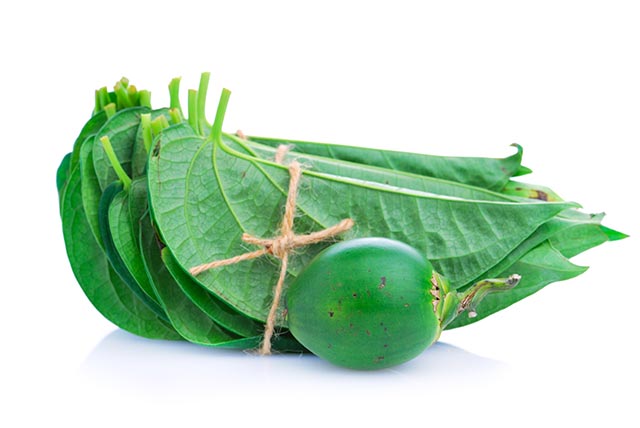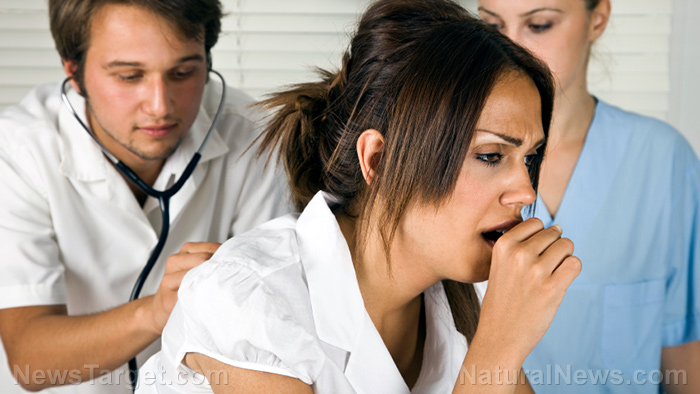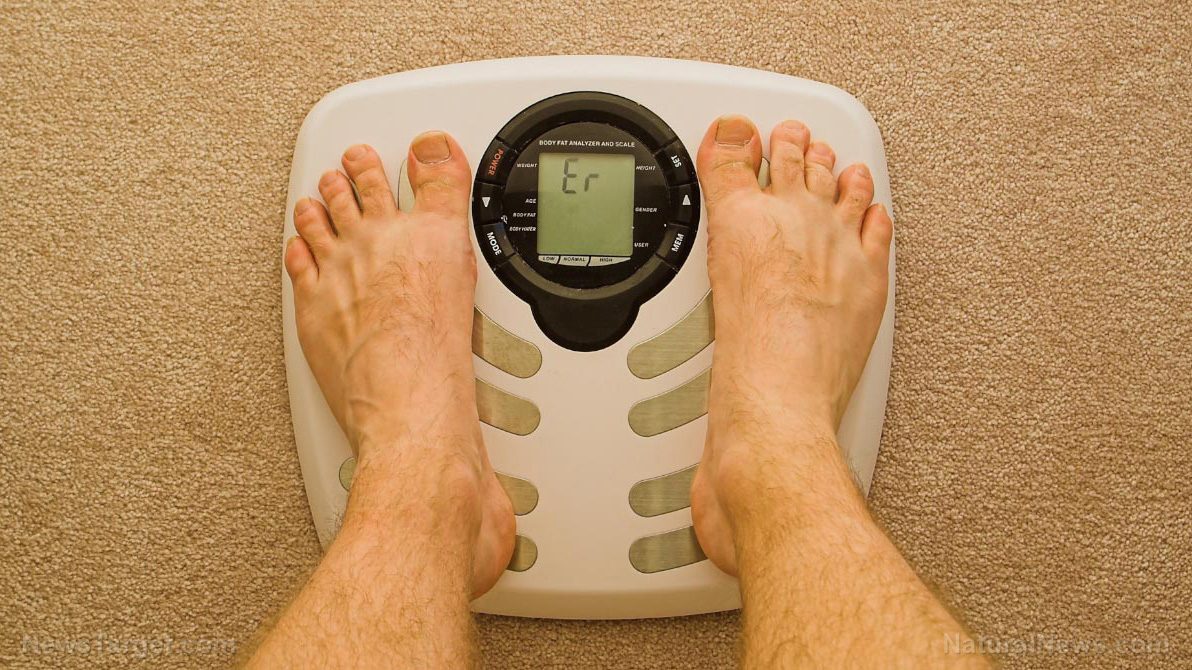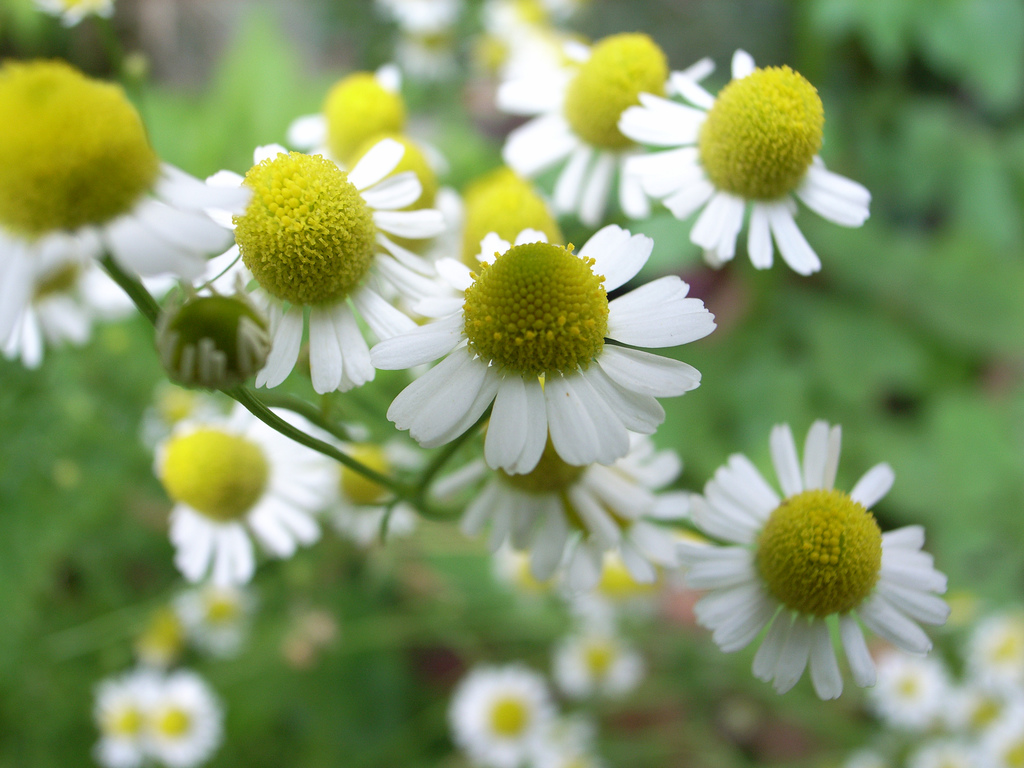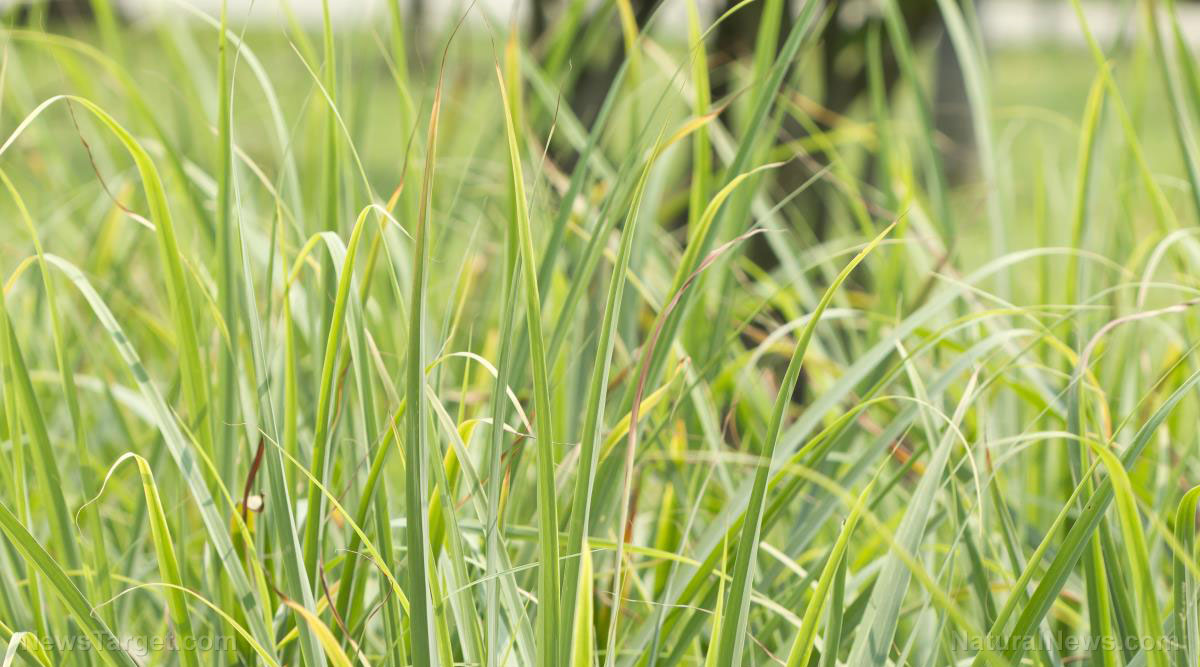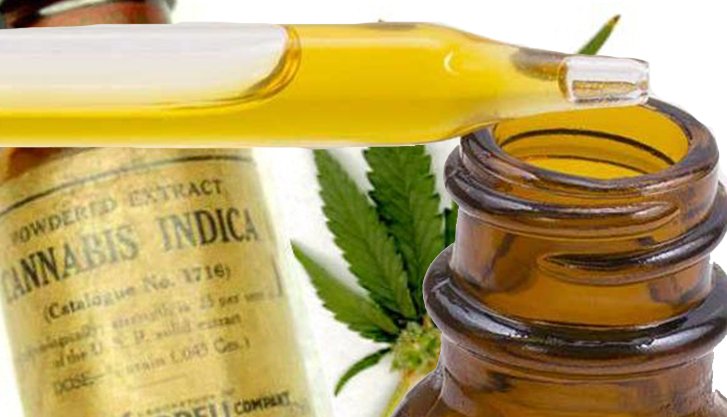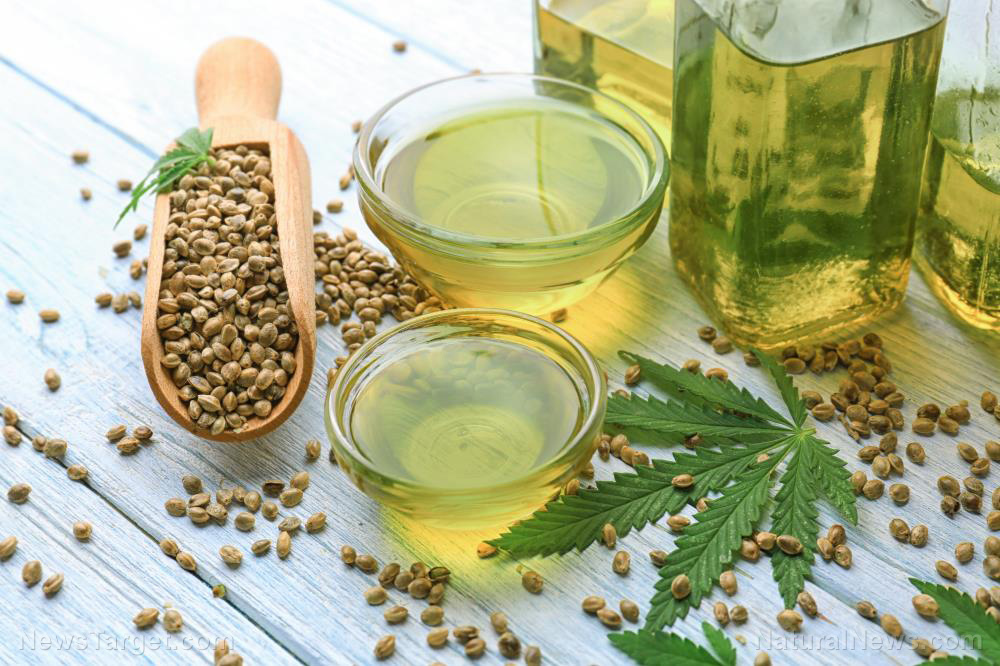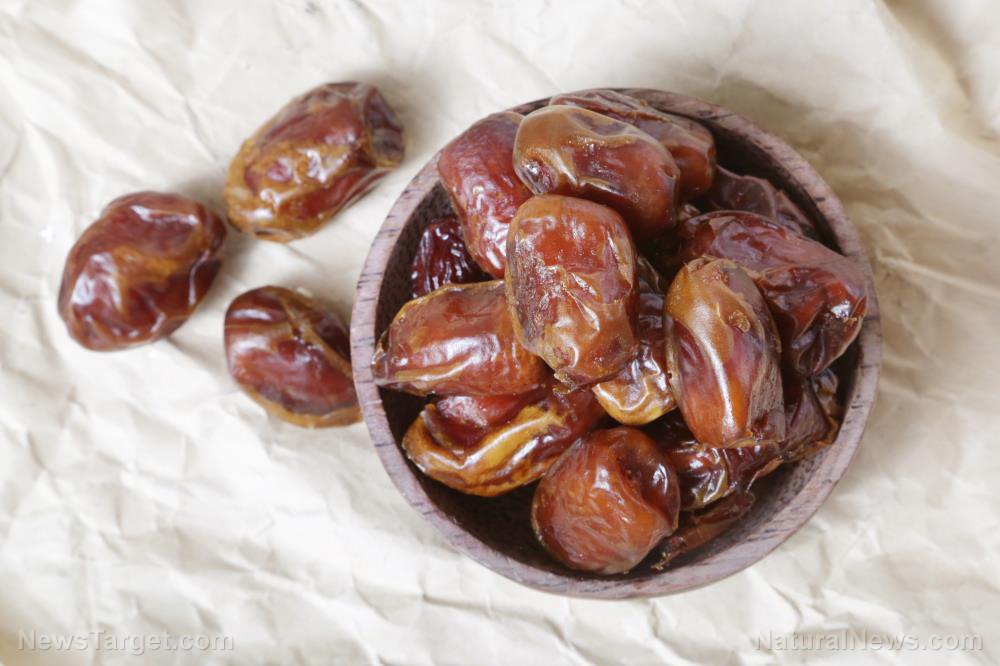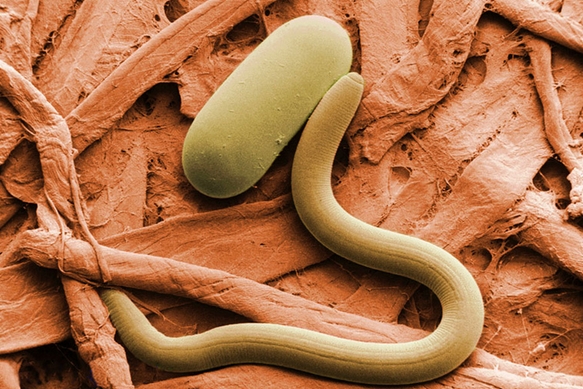A natural remedy for male infertility: Date palm
12/07/2018 / By Michelle Simmons

Researchers at Tehran University of Medical Sciences in Tehran, Iran have found that date palm (Phoenix dactylifera L.) pollen may be used to enhance fertility. In their review, they summarized the phytochemistry and pharmacological activities of date palm pollen and its effect on fertility disorders.
- Men and women in ancient times have used date palm pollens, which are the male reproductive cells of palm flowers, as a dietary supplement, particularly as an aphrodisiac and fertility enhancer.
- In Iran and Arabic countries, date palm pollens have been used for male infertility.
- While there are a few clinical trials evaluating the beneficial effects of date palm pollens in humans, various experimental studies have been conducted on the reproductive effects of date palm pollen.
- Date palm pollens possesses compounds such as amino acids, fatty acids, flavonoids, saponins, and estroles.
- Experimental studies showed that date palm pollen increases sperm count and motility; it also improves sperm quality.
- It could also reduce chemical-induced toxicity on the male reproductive system.
- Date palm pollens have also demonstrated beneficial effects on female sex organs.
- Phytochemical studies showed the presence of sterol derivatives, flavonoids, and different amino acids in the pollen, which may be responsible for these pharmacological activities.
- Date palm pollens may have some beneficial effects on reproductive health, but more studies are needed to confirm these activities.
- The findings of the review were published in the Journal of Evidence-Based Complementary & Alternative Medicine.
The researchers concluded that date palm pollen might help enhance fertility, especially in men.
To read more studies on natural medicines like date palm pollens, visit NaturalMedicine.news.
Journal Reference:
Tahvilzadeh M, Hajimahmoodi M, Rahimi R. THE ROLE OF DATE PALM (PHOENIX DACTYLIFERA L) POLLEN IN FERTILITY: A COMPREHENSIVE REVIEW OF CURRENT EVIDENCE. Journal of Evidence-Based Complementary & Alternative Medicine. 1 October 2016; 21(4): 320–324. DOI: 10.1177/2156587215609851
Tagged Under: alternative medicine, date palm, date palm pollen, dates, Fertility, herbal medicine, Herbs, Infertility, male fertility, male infertility, medicinal plants, natural cures, natural healing, natural medicine, natural remedies, reproductive health, sperm count, sperm motility

